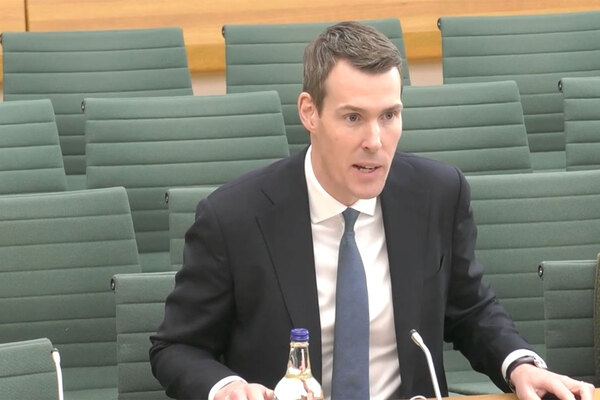You are viewing 1 of your 1 free articles
Making the best use of the Procurement Act delay
The Procurement Act has been delayed, but landlords should not get complacent, writes Guy Stapleford, head of consultancy services at Procurement for Housing
Ever since the government announced a delay to the Procurement Act, I have been inundated with ‘What now?’ queries from social landlords.
This legislation has huge implications for the way our sector buys services and products, and everyone previously had been working towards a go-live date of 28 October 2024.
With the four-month extension, I’m now hearing mutterings of relief in the sector, with some organisations easing their pace of preparation and taking a breather.
My advice, however, is to do the opposite. Housing providers should go full steam ahead with their preparations, looking to the end of the year as the new unofficial deadline for everything to be ready.
Treat the additional months as a trial period so you can stress-test new procedures and systems, particularly around the act’s demanding transparency requirements. Feedback from these run-throughs will strengthen resourcing, training, communication, documentation and, crucially, process.
Here are my top tips for maximising the extension:
Contact your suppliers
The delay may be welcome news for many suppliers. The potential for contract extensions under existing regulations and a delay to airing dirty laundry (new rules demand the publication of supplier performance metrics) won’t be a bad thing in their eyes.
Another reason for a positive reaction amongst suppliers is the lack of communication from social landlords.
“I recommend using these extra months to contact your supply base. Tell them how you are preparing and walk them through the changes that will affect them”
Many companies I’ve talked to, both large and small, haven’t heard much from their larger housing association clients about the legislation. I appreciate there is a clear focus within housing organisations on getting internal processes right, but suppliers must be brought along on this journey.
I recommend using these extra months to contact your supply base. Tell them how you are preparing and walk them through the changes that will affect them. Point them in the direction of supplier-focused information and guidance on the government’s Transforming Public Procurement web pages, including useful knowledge drop videos for suppliers here.
Being a good customer in the eyes of current and future suppliers will see you reap the rewards when you put contracts out for tender after 24 February 2025.
Ensure colleagues are ready
Compared with the introduction of the Public Contract Regulations 2015, this time around the government has provided some pretty decent training. I know many housing associations and local authorities have signed up to different modules, but I’m hearing that some haven’t started them yet.
My worry is that procurement is still an afterthought for many organisations – something to get to once the day job is done. Yet under the new rules, service managers will have a raft of extra responsibilities when managing contracts. It’s critical that these busy housing colleagues know what is required of them, particularly around supplier performance reporting.
“My worry is that procurement is still an afterthought for many organisations – something to get to once the day job is done”
So, use this extra time to take stock of the understanding across your organisation. Then adopt a three-pronged attack, using guidance, training and templates – all of which are free and readily available on the government’s website.
Access guidance for each stage of the procurement process here. Online training for everyone from board members, contract managers and procurement professionals is available through the Cabinet Office’s eLearning options. A suite of standard procurement templates can be downloaded through the government’s newly launched Procurement Pathway tool.
Remember key deadlines
The world won’t suddenly turn on its axis when the new go-live date comes around. In terms of advertising public contract notices and reporting on spend data and pipeline activity, dates are spread out over the next 18 months:
- 24 February 2025 – Only new tenders put out on or after this date must comply with new procurement rules. Existing contracts won’t be affected
- 26 May 2025 – If your housing organisation plans to procure more than £100m of goods and services in the coming year, it has to publish an annual procurement pipeline notice 56 days after the new financial year begins
- February 2026 onwards – Social landlords must publish key performance indicators for public contracts worth over £5m at least once every year
Don’t let the delayed go-live date give you a false sense of security. Instead, crack on with all your forward planning, agreeing KPIs, creating governance frameworks and setting up new policies and procedures as if the old timeline was still in place. Staying focused on preparation now will pay off next year.
Guy Stapleford, head of consultancy services, Procurement for Housing










